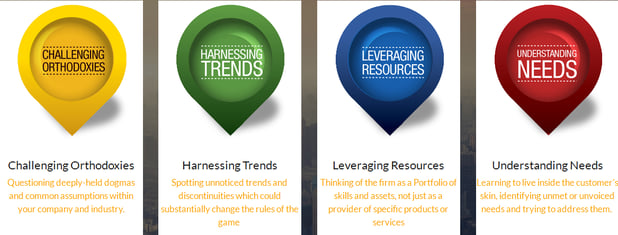4 Educational Lenses
Lenses that can be engaged by teachers in a process of critical reflection: (1) the autobiographical, (2) the students' eyes, (3) our colleagues' experiences, and (4) theoretical literature. These lenses correlate to processes of self-reflection, student feedback, peer assessment, and engagements with scholarly literature. The 4 Lenses of Reflective Practice in Teaching The goal of the critically reflective teacher is to gain increasing awareness about one’s own teaching and effectiveness from.
- And while there are a lot of different types of lenses appropriate for many different situations and needs, time and time again I find myself primarily relying on three lenses in my bag: a fast general purpose zoom (18-50mm), a macro lens and a telephoto zoom (70-200mm). These three lenses will give you enough versatility.
- Purpose of Computers in Education. Computers are one of the most valuable resources in a classroom because they serve so many useful functions. With computers and the internet, students today have a wealth of information at their fingertips that can help them develop their research and communication skills while preparing them for a future career in a workforce that is increasingly reliant on.
At Tamron, we got our start 70 years ago, and have endeavored to establish ourselves as the world’s premier high-end camera lens manufacturer every day since.

From our humble roots manufacturing optical equipment in the 1950s to the establishment of our US Headquarters in 1979 and beyond, we have never lost sight of an essential goal: to constantly innovate with technology designed to meet our customers’ specific needs.

4 Educational Lenses Worksheet
We believe that providing superior products at a fair price is the vital recipe for success, and so far, we have only been proven right. By combining deft skill with customer satisfaction, Tamron has sustained decades of triumph.
Our early expertise in the world of optics expanded over time, eventually blossoming into a pursuit of technological advancement at the helm of the camera lens manufacturing industry. As we continue to expand optics for new generations of camera formats, our commitment to quality never fades.
Today, we’re proud to offer top of the line products to photography enthusiasts of all skill levels through our robust network of retailers, both online and in person. We don’t just create high-quality equipment—we work hard to put it in the hands of everyone who takes an interest in creating striking photos.
Our devotion to quality extends far beyond the sale as well. Each of our products distributed in the US comes with a 6-year limited warranty, as well as access to firmware updates and speedy repairs with our industry-leading 3-Business Day Repair Turnaround at no additional charge. This helps us ensure that our customer service is as unrivaled as our products.
4 Educational Lenses Available
What are the Four Lenses?
You will be exploring this term and the four items that make up this approach throughout your course. A 'lens' is a way to frame or think about the world around us. An easy way to visualize this would be to think about it in terms of colors. If you have ever used yellow lensed glasses for driving at night (helps reduce glare), it colors the way we actually see and experience the world. Imagine the lens of a telescope -- or a microscope -- helping an expert to view and study the world more closely. Each lens has its own 'color' that enhances that focus on particular things about the world. The four lenses being explored in this course are not as literal. They can be used as a learned perspective or way of interpreting how we think and experience things.
In the discipline of the Liberal Arts, there are several areas of study that create this term. At SNHU, we use the following four arts as lenses, or ways of thinking:
Free 4 Lenses Test
history
humanities
social sciences
natural sciences.
4 Educational Lenses Chart
Watch the seven minute video below from the Online Writing Center, which does a great job explaining the lenses and prepares you to start thinking about different perspectives and ways of thinking.